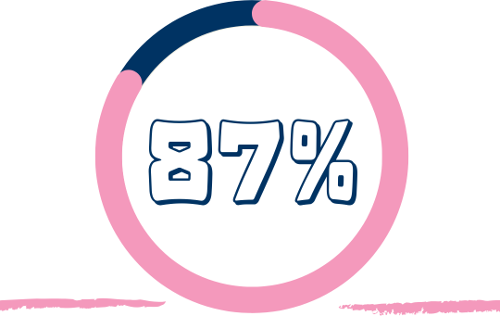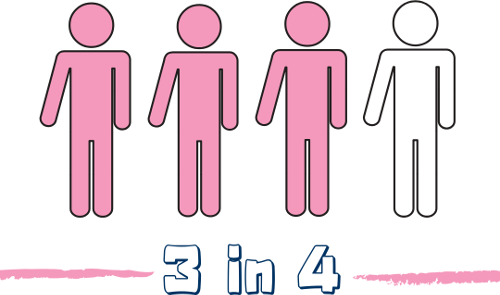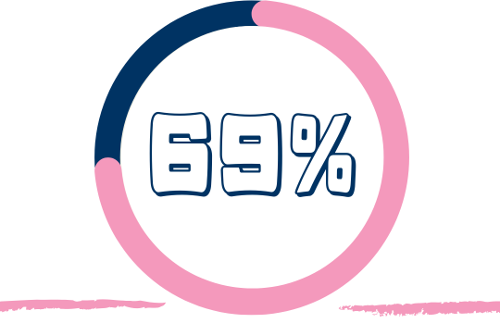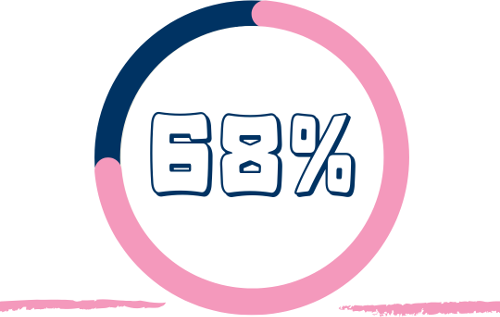The results of the Headway survey demonstrate that fatigue is a common and very disabling effect of brain injury.
Despite this, it is clear that there is a distinct lack of understanding of pathological fatigue, leaving brain injury survivors feeling isolated and discriminated against. As a result, 80% of survivors report that their life would be improved if people did have a better understanding.
To put it into perspective, think of an old or damaged smart phone. The battery will likely need charging far more often than a newer model. It will struggle to hold its charge and the most basic of functions can rapidly drain its battery – sometimes causing it to shut down without any warning.
Fatigue can also exacerbate many other cognitive and behavioural effects of brain injury, worsening short-term memory and speech, resulting in increased anger and irritation. This is highlighted by the 88% of our respondents who reported that fatigue effects their behaviour and emotions.
Our findings show that this can lead to breakdowns with relationships, work and social life, and the self-esteem of brain injury survivors.
The survey highlights the need for greater public awareness of how brain injury-related fatigue can affect a person, which Headway aims to do through its Action for Brain Injury Week campaign, Brain Drain: Wake up to fatigue!.
Key findings:

87% of respondents feel that fatigue has a negative impact on their life.

75% of brain injury survivors feel that people in their life do not understand their brain injury-related fatigue.

More than two thirds (69%) of respondents believe that they have been unfairly judged or treated as a result of people not understanding their brain injury-related fatigue.

More than two thirds (68%) of brain injury survivors feel that their romantic relationships have worsened as a result of fatigue.
Download the full study in the related resources section below.
Back









